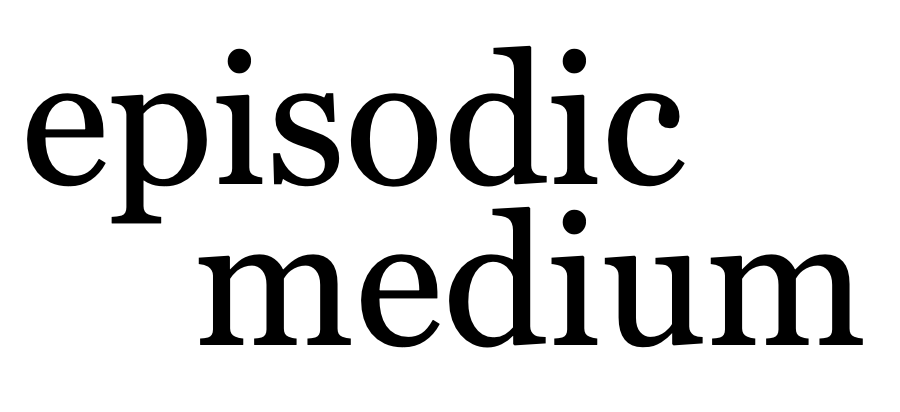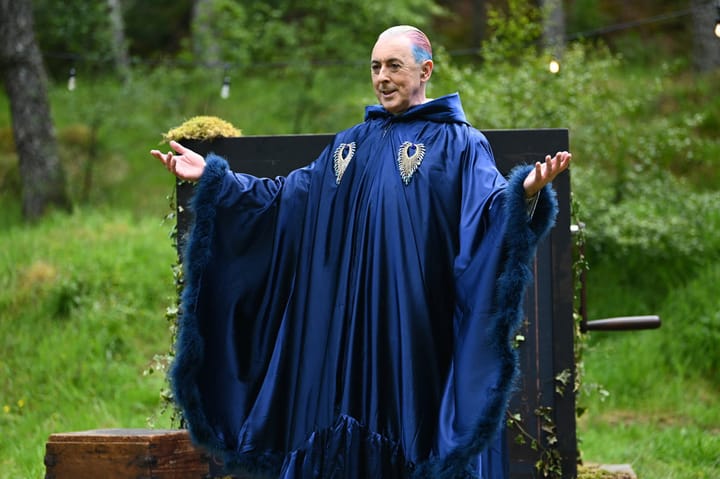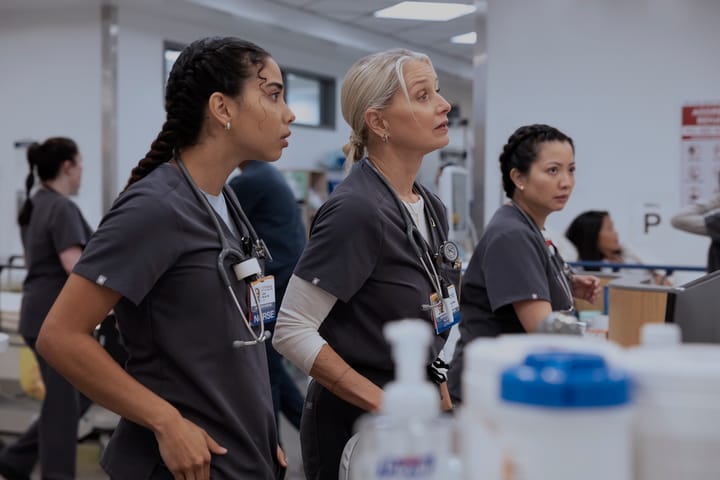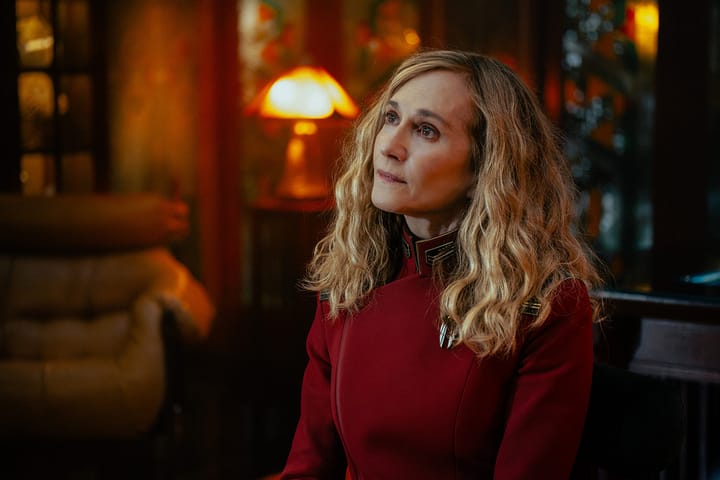Review: Alien: Earth, "The Real Monsters" | Season 1, Episode 8
Noah Hawley's take on the Corporate Era concludes amidst our own Corporate Era
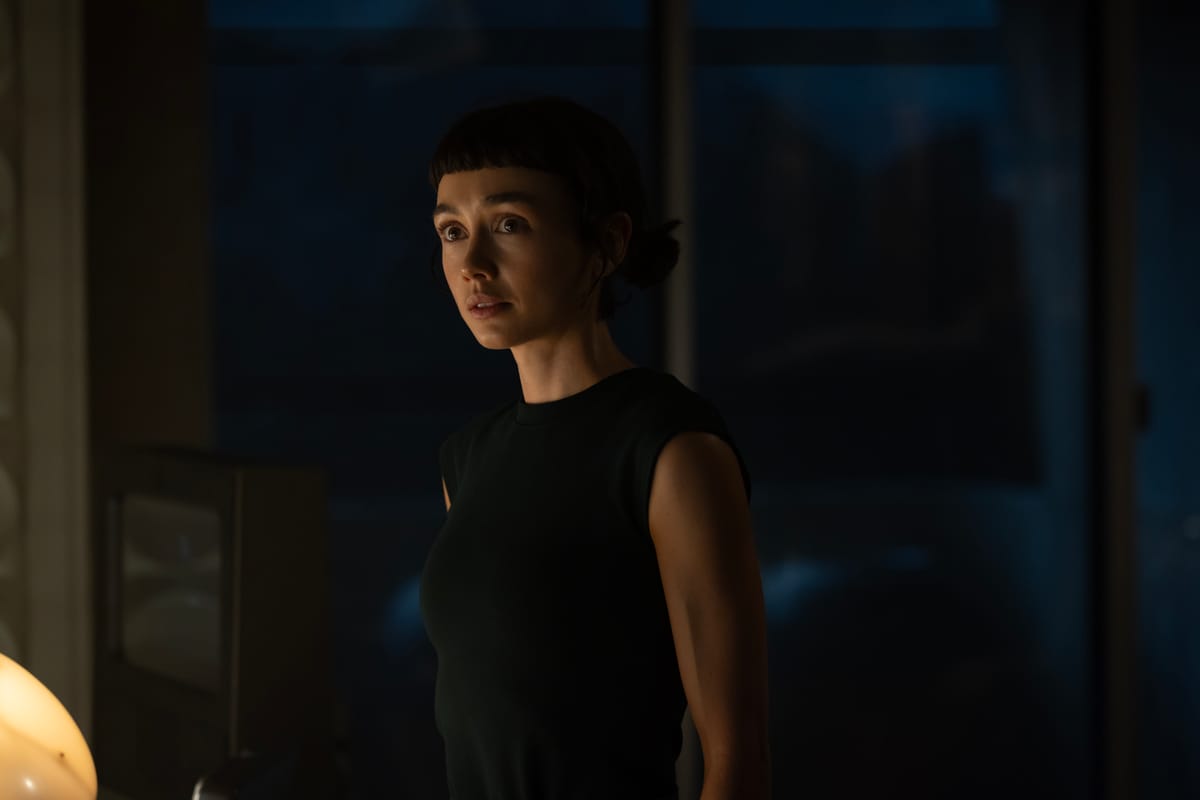
Hey free subscribers—if you've been following along with FX's take on Alien and need to discuss tonight's finale, a reminder there's still one week left in our sale on annual subscriptions. No better time than now to invest in a year of coverage (literally, the 20% off deal is never coming back).
Monster movies are built on a thirst for bloodshed. Even in cases where we’re meant to be scared of the monster, and where we fear for the lives of our heroes, some part of us wants to see the monsters get their way. It’s the reason why so many monster movies feed them conspicuously bad people: one of my favorite examples of this is 2019’s Crawl, where the film introduces a set of looters taking advantage of the hurricane just to be quickly ravaged by the alligators that will eventually hunt our protagonist.
Alien: Earth is built on the same principle, right down to feeding the cosplaying aristocrats to the Xenomorph in the opening episodes, but once it reached Neverland it turned this element of monster movies into a philosophical question. There was never any question about whether the various creatures recovered from the Maginot crash would eventually wreak more havoc. We knew that eventually the hubris of Boy Kavalier would lead to carnage, and that as Yutani made her own moves there would be collateral damage. Isaac’s death may have been an accident, but Arthur’s death was a direct consequence of human and/or hybrid actions, and the fact there’s now one Xenomorph rampaging across the island and another in captivity—I’m suggesting we call the big one Xeno and the little one Morph, by the way—is the responsibility of the characters Noah Hawley has introduced into this Alien world.
That would seem to make “The Real Monsters” an overly simplistic statement, until you realize that the episode is posing a different question. See, we can think of Prodigy—Boy Kavalier, Kirsh, Dame Sylvia—as monsters from the perspective of the hybrids, given that they conceived of this program and have failed to protect them from the consequences of it. From this point-of-view, the finale is Wendy using her immense power to hold them accountable, messing with their systems and communicating with the Xenomorph to enact her revenge for how they treated her.
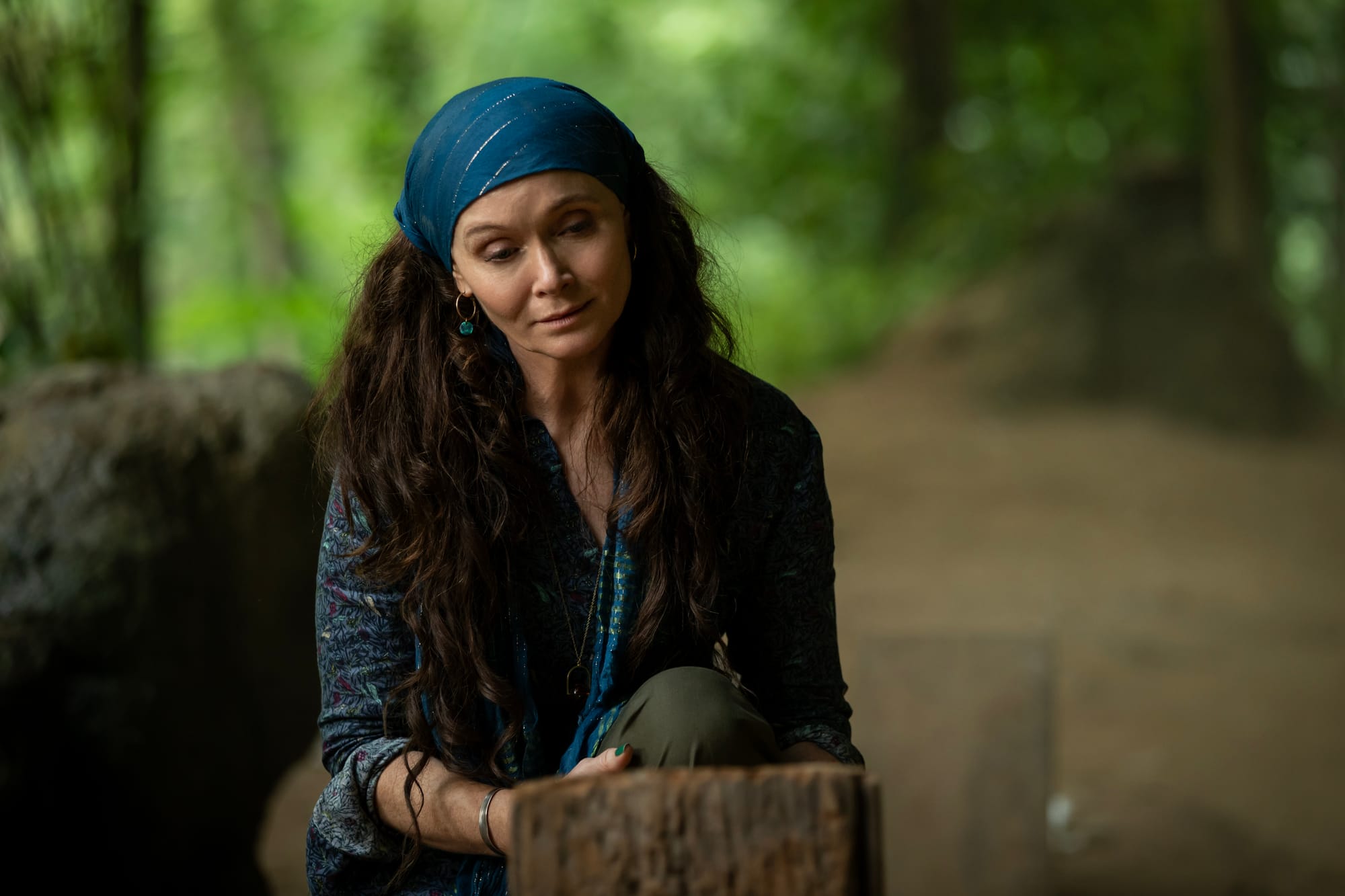
But what if the hybrids are themselves the monsters, and we’re simply in the first act of the movie where we’re being entertained by seeing them enact their brand of violence against people who deserve it? Last week’s penultimate episode certainly foregrounded this logic, given Hermit’s terror at what Wendy was willing to do, but it feels especially pertinent here given the power she wields. The events on Neverland are happening in isolation from the outside world, making containment a natural concern: what would happen if the creatures from the Maginot were to be introduced into the wider population? But after this finale, we’re prompted to ask a different question: what would happen if the hybrids are introduced into the wider population?
